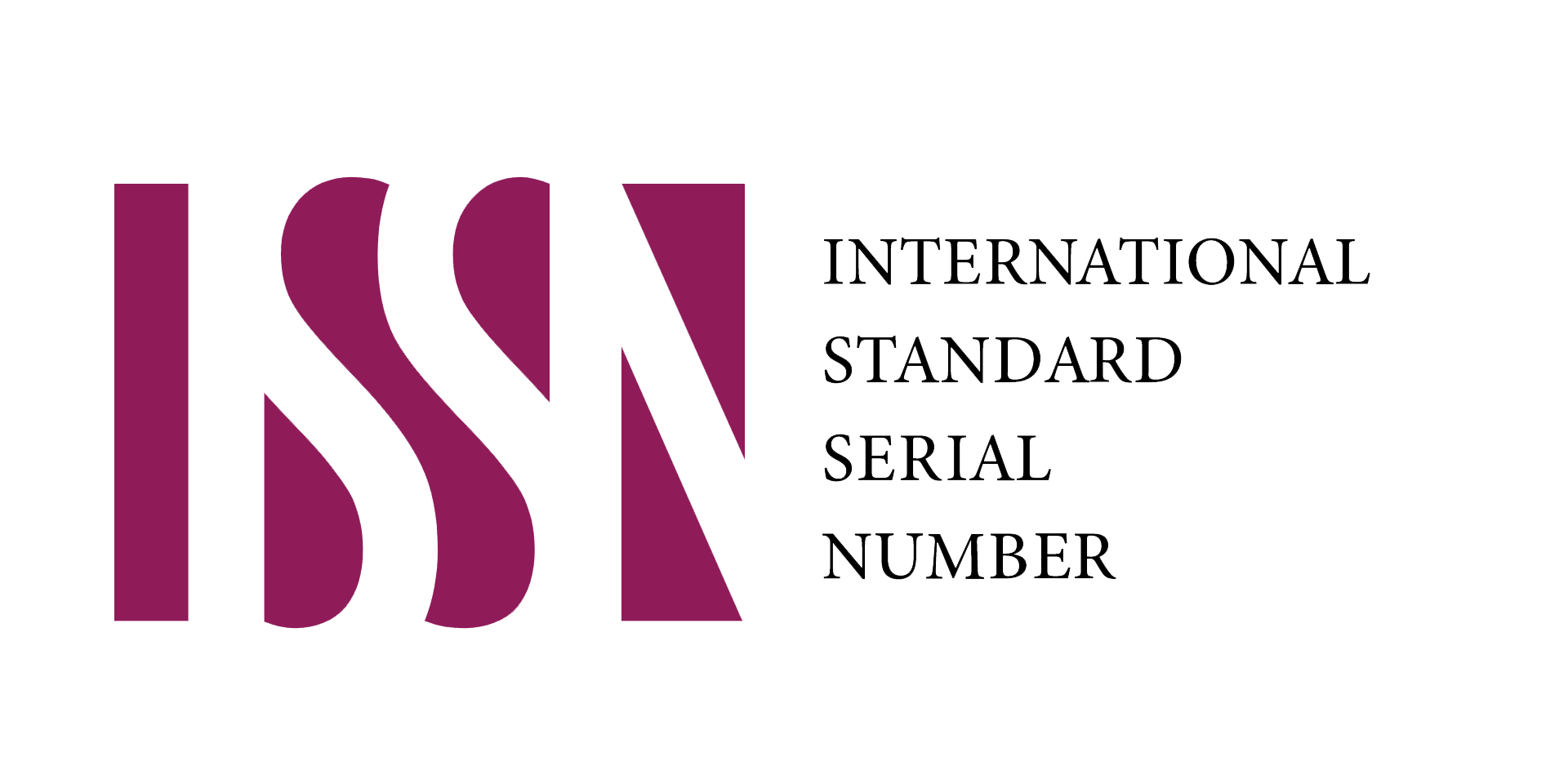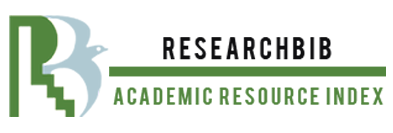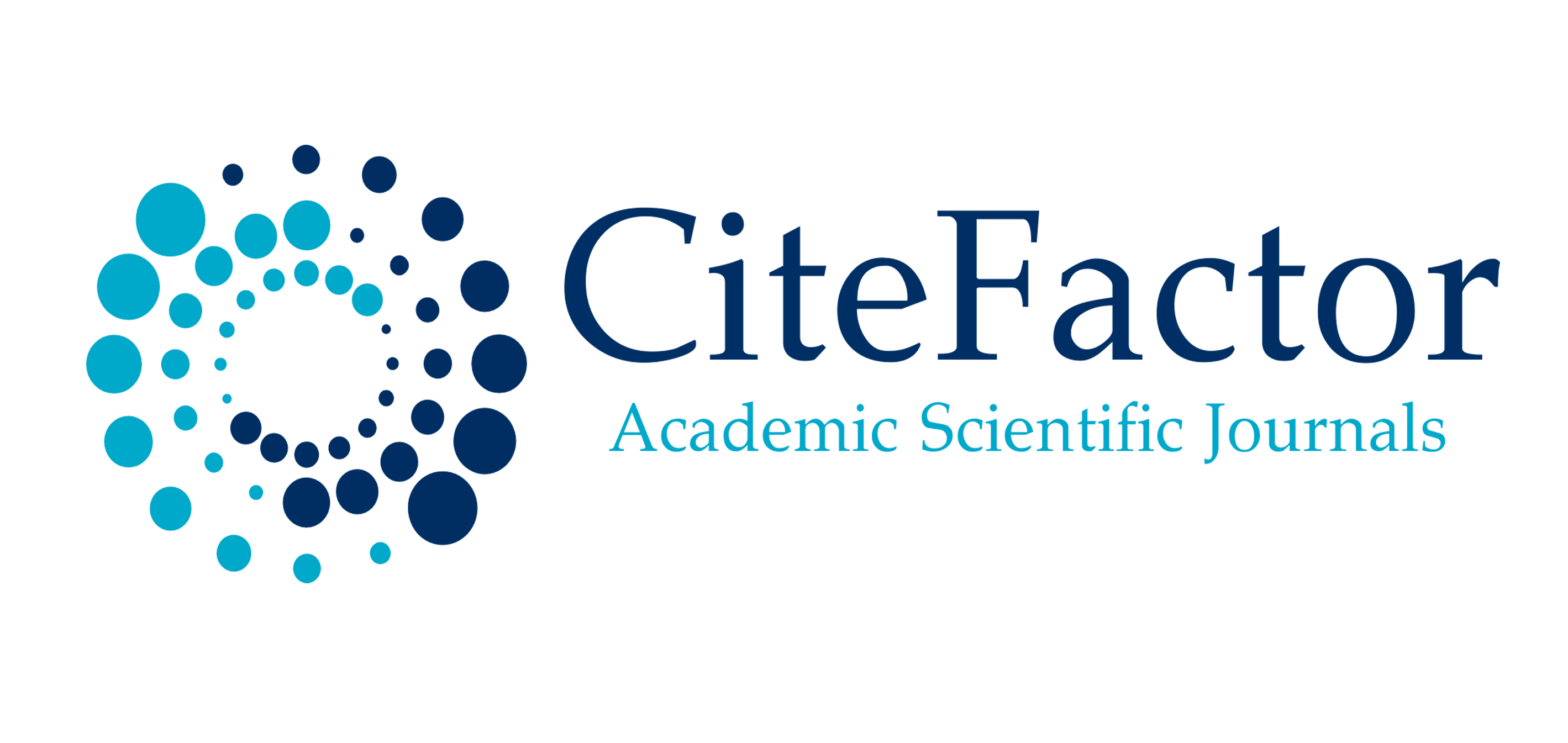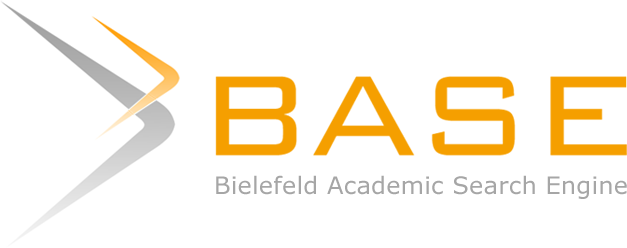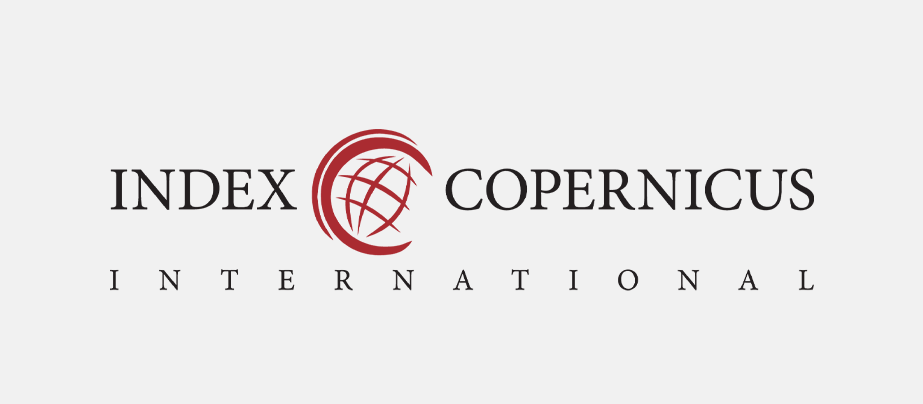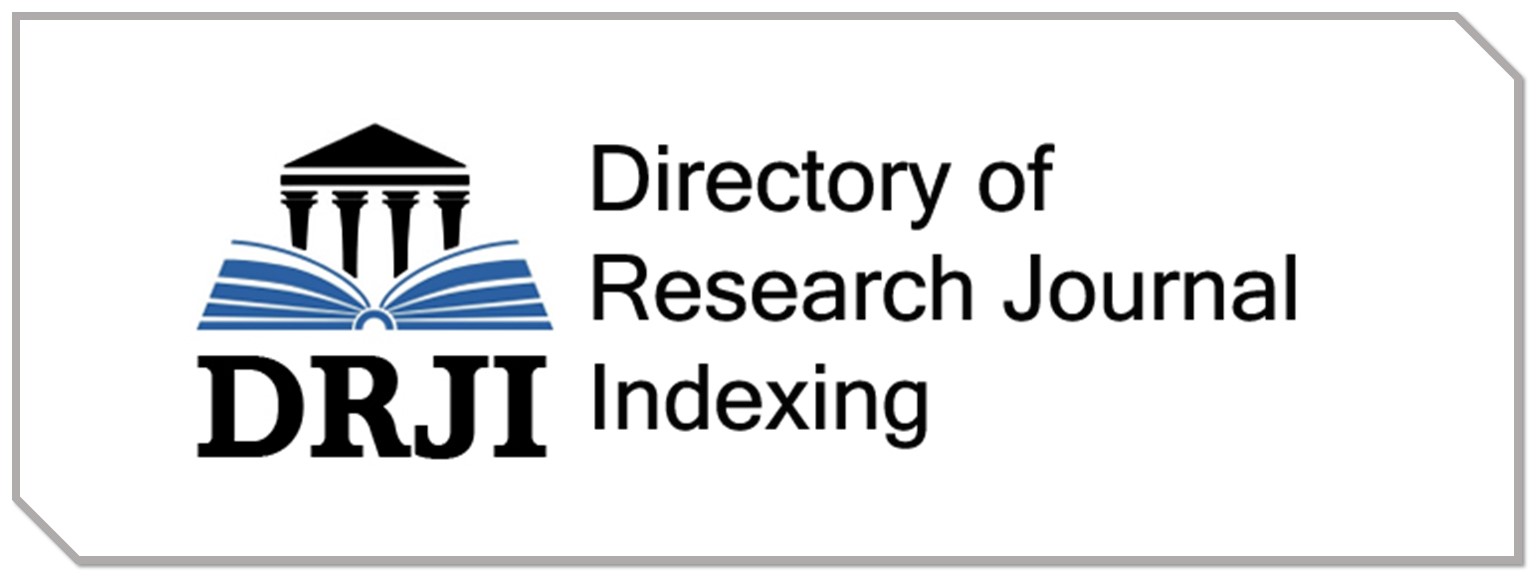A MODERN VIEW OF THE IMPACT XENOBIOTICS ON ORGANISMS
Keywords:
xenobiotics, heavy metal salts, testicles, hematotesticular barrier, cumulation, infertility, spermogram, Introduction, Due to the intensive growth and development of industry, transport, industrialization and chemicalization of agriculture, acceleration of scientific and technological progress, in recent years, the intake of heavy metals of technogenic origin into the environment has significantly increased and continues to increase (Teplaya G.A. 2013).Abstract
Environmental pollution with toxic metals is a serious problem all over the world, due to their increasing accumulation in the food chain and prolonged circulation in the ecosystem. A large number of substances alien to humans and animals circulate in the biosphere - xenobiotics, which have a high toxicity. Heavy metal salts affect the spermatogenic and steroidogenic functions of the testicles, impair male fertility, sperm quality and cause testicular degeneration, ultimately leading to infertility. Exposure to xenobiotics leads to abnormalities of the reproductive tract, testicular cancer and infertility in men, called testicular dysgenesis syndrome. Although the mechanism of this syndrome is still unclear, since exposure to toxicants on the fetus can permanently cause male infertility in adulthood.


